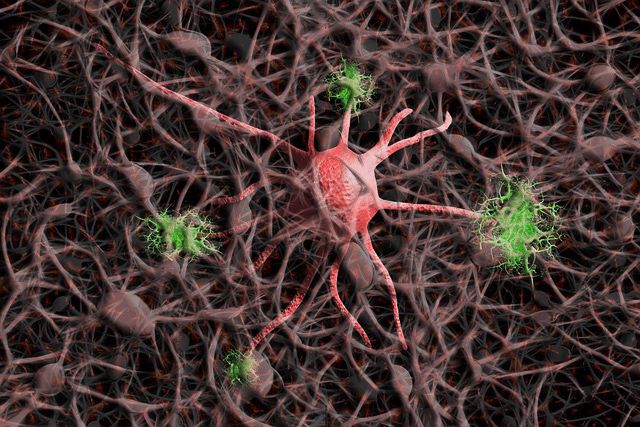Enhancing Memory and Learning is becoming increasingly important to maintain the cognitive health of the aging American population. Thanks to advances in healthcare, people are living longer than ever before, but those extra years can bring challenges, particularly with memory and learning. Improving these cognitive functions not only improves quality of life, but also helps seniors remain independent and engaged with the world around them.
The importance of cognitive health
Cognitive health is an important aspect of overall well-being. It encompasses various mental abilities, including memory, reasoning, problem solving and learning. It’s natural for cognitive abilities to decline as we age, but that doesn’t mean it’s inevitable or irreversible. By focusing on memory and learning, older adults can enjoy many benefits:
- Improved quality of life: Better cognitive function allows seniors to socialize, pursue hobbies and perform everyday tasks more effectively.
- Greater independence: By sharpening their minds, seniors can live independently longer and are less dependent on extensive care or assisted living.
- Emotional well-being: Active participation in learning and memory exercises can reduce the risk of depression and anxiety, which are common in older people.
Strategies for enhancing memory and learning
- Lifelong learning: Encouraging continuous education can have a significant impact on cognitive health. Many communities offer classes specifically for seniors, ranging from art and music to technology and languages. Online platforms also offer a wealth of courses that you can take from the comfort of your own home.
- Physical activity: Regular physical activity has been shown to improve brain function. Exercises such as walking, swimming and yoga increase blood flow to the brain, promote the growth of new neurons and improve overall cognitive function.
- Healthy diet: Diet plays a crucial role in brain health. A diet rich in fruits, vegetables, whole grains and lean proteins provides important nutrients that support cognitive function. Omega-3 fatty acids, found in fish and flaxseed, are particularly beneficial for brain health.
- Social engagement: Social engagement can protect against cognitive decline. Social interactions stimulate the brain, promoting mental acuity and emotional well-being. Activities such as joining clubs, volunteering or simply spending time with friends and family are great ways to get involved.
- Mental stimulation: Puzzles, games and other brain exercises can keep the mind active. Activities such as crossword puzzles, Sudoku and memory games challenge the brain and can improve cognitive function over time.
- Adequate sleep: Sleep is important for memory consolidation and cognitive processing. Ensuring seniors get sufficient and quality sleep can significantly impact their ability to learn and retain information.
- Stress management: Chronic stress can impair cognitive function. Techniques such as mindfulness meditation, deep breathing exercises and even regular leisure activities can help control stress levels and promote better mental health.
Technology and cognitive health
In the digital age, technology offers new ways to support cognitive health. Apps and online platforms designed for brain training offer convenient and engaging ways to improve memory and learning skills. Virtual reality (VR) and augmented reality (AR) technologies are also being explored for their potential to create immersive environments that stimulate cognitive function.
Policy and community support
Improving memory and learning in the aging population is not just an individual effort, but also requires community and policy support. Local governments and organizations can play a critical role by providing resources and creating an environment that promotes cognitive health. This includes, for example, funding community education programs, building accessible recreational facilities and providing mental health services tailored to seniors.
As America’s population ages, cognitive health is becoming a national priority. By implementing strategies that improve memory and learning, we can help older people live fuller, more independent and happier lives. It is a joint effort between individuals, families, communities and policy makers. Together we can ensure that our aging population remains a vibrant and integral part of our society.
By investing in cognitive health today, we promise a better and more engaged future for all generations. Let’s rise to the challenge and work towards a future where aging is synonymous with continued growth, learning and joy.



